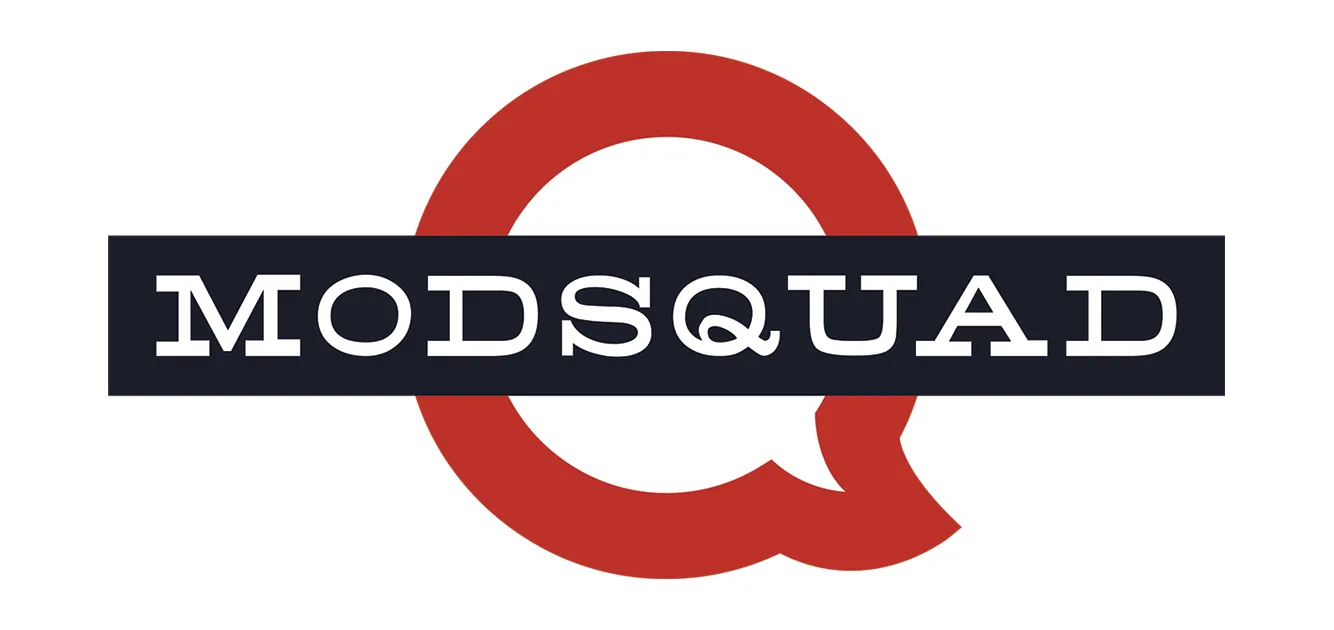
Learning the “Dictionary Dance”
When moderating a virtual world for kids, keeping the players safe is our top priority. An experienced team of moderators is the first step towards creating a safe community, but there are also a variety of tools available to further increase player safety. One of the most common and important of these tools is a chat filter.
 Chat filters come in a variety of forms, including canned chat (where players select words and phrases from a set menu of options) a black list (where players can chat freely, but specific dangerous words are blocked), or a white list (which allows players to speak freely as long as they only use words from the white list). Some sites choose to have absolutely no chat, which probably isn’t the best choice if you want your players to have fun.
Chat filters come in a variety of forms, including canned chat (where players select words and phrases from a set menu of options) a black list (where players can chat freely, but specific dangerous words are blocked), or a white list (which allows players to speak freely as long as they only use words from the white list). Some sites choose to have absolutely no chat, which probably isn’t the best choice if you want your players to have fun.
Each method has advantages and disadvantages, but unfortunately no method is foolproof. Regardless of how strictly you filter your chat, your players will discover creative ways to get their messages out. This also means they’ll find creative ways to swear, give out personal information, and harass each other. This process of using approved words to substitute for unacceptable words is sometimes known as the “dictionary dance.” In order to help catch players that are doing this and to prevent such actions in the future, it’s important that you understand exactly how they’re doing it.
Mastering the dictionary dance can take some time, and the players will almost always be one step ahead of you. Below are a few samples of kids using a dictionary dance to discuss topics that are typically considered unsafe.
Kid1: How gold are you?
Kid2: I’m tent ears gold. You?
Kid1: Do you have a sell tone no?
Kid2: Yeah tall me at ate fix even live tree oh mine.
Kid1: Where you from?
Kid2: I’m from or land oh floor I duh.
Another method that kids use to dance around the dictionary is by talking in capital letters, so “Hello Is So” becomes “His.” This issue can be even trickier if you allow mixed casing in your words (LiKe ThIs), so it’s best to restrict the use of capitals to the first letter of a word. Below are some examples:
Kid1: Read caps. Do you have Yay A Hat Oh Oh Elm Mall All Is Low?
Kid2: yes it’s basket ball boy at Yay A Hat Oh Oh all on word.
A third way that kids may try to give out personal information is by using repetitive words or symbols in order to display a number. In this scenario three periods in a row would represent the number three. Many sites restrict the number of times a single word or phrase can be typed in a row as a means to prevent this.
Kid1: how told are you?
Kid2: count the dots ………..
These examples might take a second look to unscramble, but they’re relatively easy compared to what the more creative kids come up with. Trust me, kids are masters of this! Some dictionary dances will result in cute and hilarious phrases, while others are gross, vulgar and outright dangerous. For best results, implement a chat filter and update it regularly. Once your filters are in place, pay close attention to your community so you can learn exactly how they talk and adapt your filters accordingly.
– Jason Ferguson

